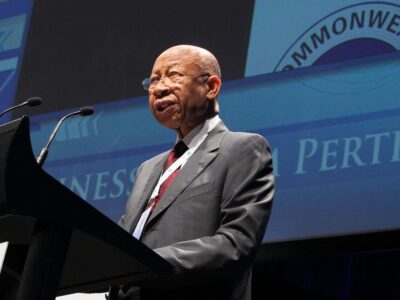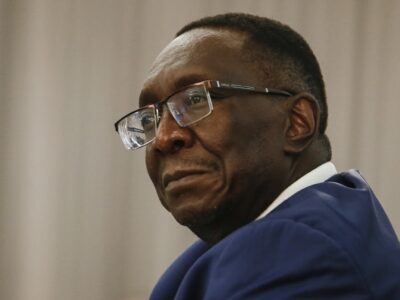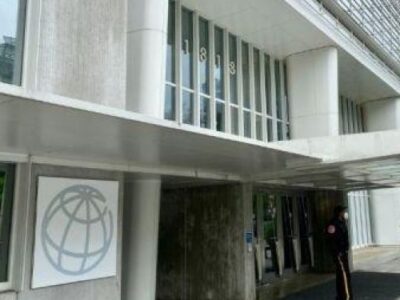
(Ecofin Agency) – After a decade of fratricidal conflict following the fall of Muammar Gaddafi’s regime in 2011, Libya is making progress toward a lasting peace. Sahelian leaders, however, fear that the guns that are silent in Libya will be heard more loudly in their lands.
Indeed, in an address to the UN Security Council last May 18, the Chadian Deputy Foreign Minister Oumar Ibn Daoud (pictured) warned that foreign mercenaries and terrorist fighters have been arriving in the Sahel for some time. This situation, he said, poses a real risk to the already fragile security situation in the region.
He sounded the alarm on the potential risks that hang over the Sahel countries in a context where foreign mercenaries came from Libya. “Without measures to disarm or support mercenaries and foreign fighters from Libya, all neighboring countries risk being exposed,” warns Oumar Ibn Daoud. The diplomat also pleaded with the UN for better funding for the G5 Sahel joint force.
According to him, this force needs a sustainable support fund and a logistical and operational support office from the United Nations, fed by the contributions of the 193 member countries of the UN; a plea that found a favorable echo with Linda Thomas-Greenfield, the U.S. ambassador to the organization.
The U.S. representative said the Biden administration is concerned about the rise of violent extremism in the Sahel. She said the U.S. does not believe that UN peacekeeping funds are a viable source of funding for the joint force, thus advocating for the establishment of a trust fund and bilateral funding for the joint force.
Since the beginning of this month, about 10,000 people have been fleeing terrorist attacks in the so-called 3 border zones every day, adding to the 29 million people in humanitarian need in the Sahel.
Mawulolo Ahlijah











Comments